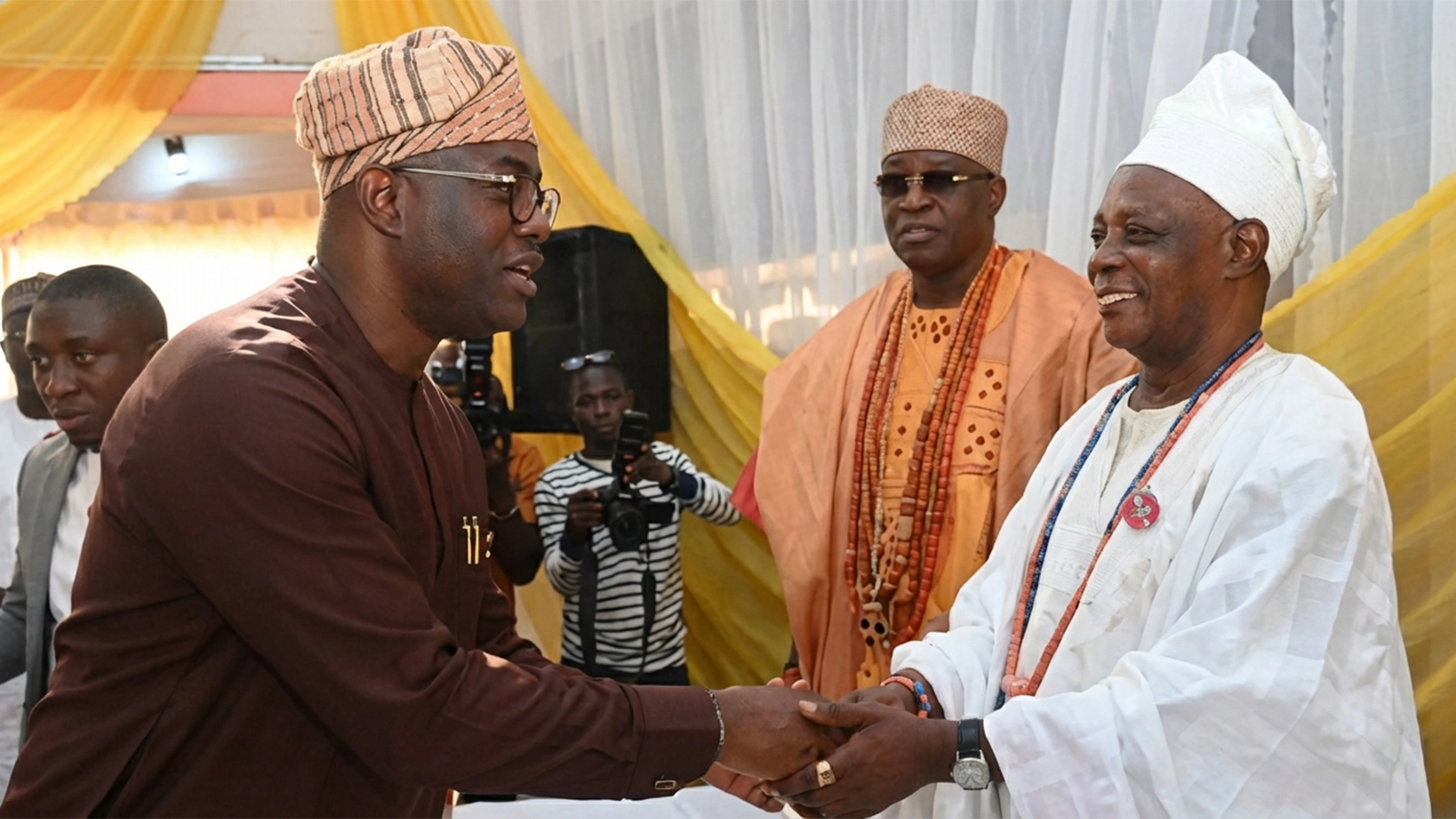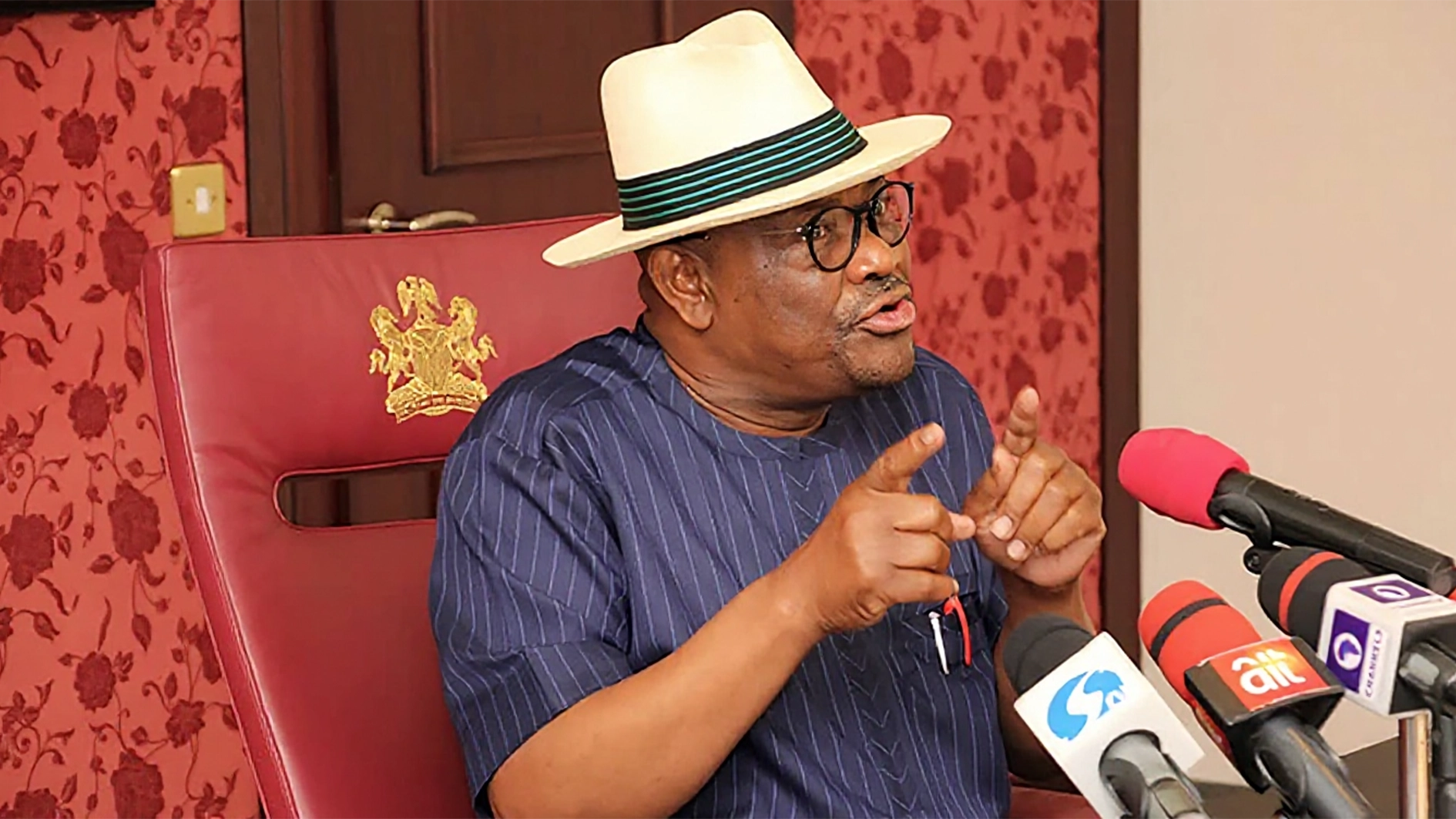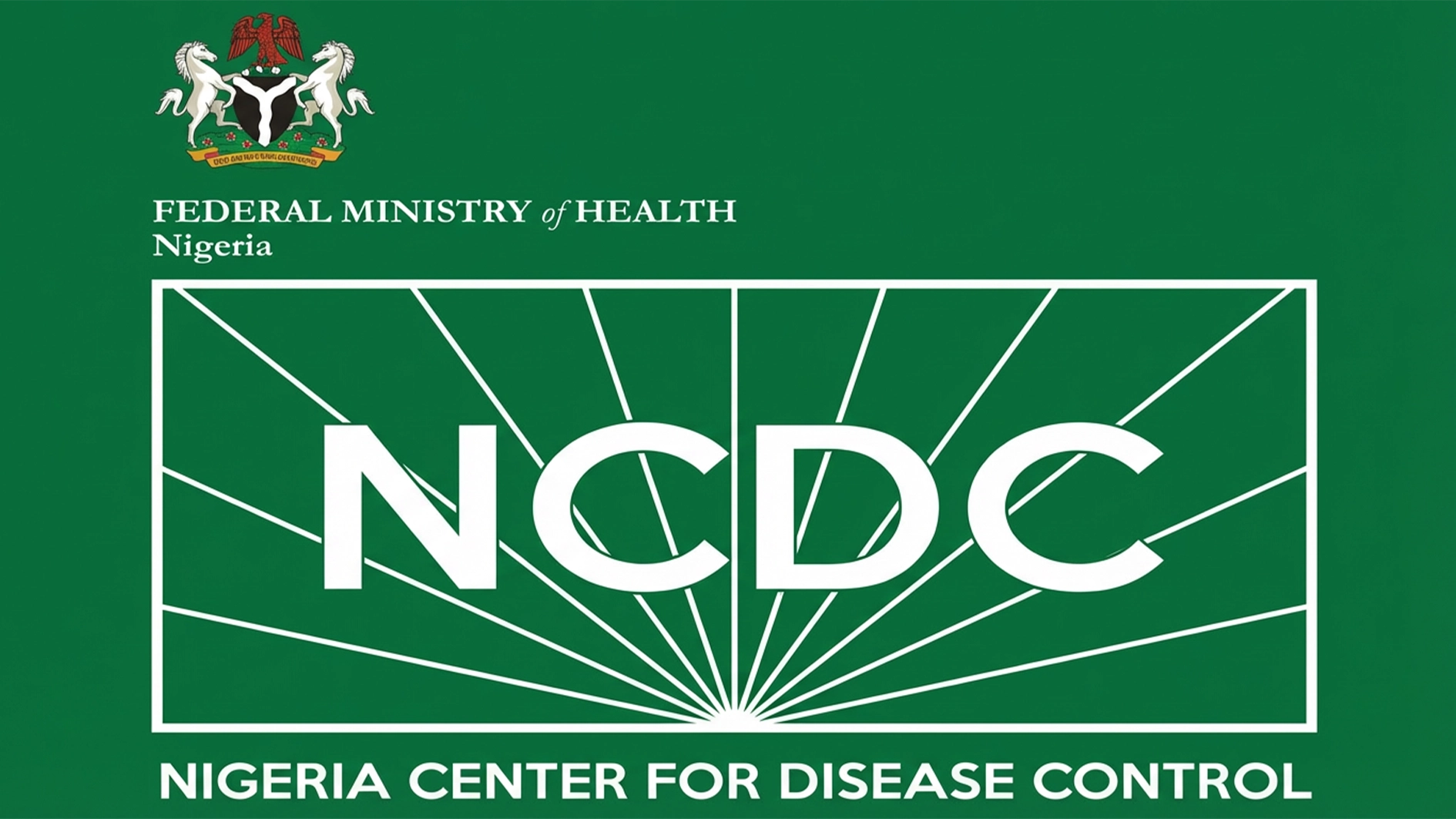
The gruesome murder of a Christian preacher in Abuja has again ignited the conversation about the freedom of religion and sanctity of human life in Nigeria. The incident is also a reminder of the limitation of the Nigerian state in protecting her citizens against hate crime often exacerbated by religious differences. In this report, AJIBOLA AMZAT (Features Editor), VICTORIA OLISAH, GERALDINE AKUTU and KINGSLEY JEREMIAH, show how the repetition of religious-motivated killings is emblematic of the gradual decline of Nigerian nationhood.
A Redeemed Christian Church of God’s pastor, Eunice Elisha, was found in the pool of her own blood, next to her megaphone, at the Gbazango area of Kubwa, Abuja, last Saturday.
She was reportedly murdered by people who could not tolerate her faith and her brand of evangelism. Neighbours described her as the voice that roused many from sleep at dawn, yet elicited hatred from the bigots. Now, the voice has been silenced forever.
Her death was one of the three attacks that made front page newspaper headlines in the last four weeks.
There was also the case of Bridget Agbaheme, 75, a Deeper Life Church member who, according to her husband, was stoned to death by fanatics in Kano for allegedly committing blasphemy against Islam. Mrs. Agbaheme prevented a Muslim from performing ablution in front of her shop, the media reported. That action triggered an attack that led to her death.
But Francis Emmanuel, a 41-year-old carpenter in Kaduna, was lucky. He was reportedly attacked by a group of youths who accused him of eating during the last Ramadan fast. His plea that he was a Christian did not deter his assailants. The suspected extremists assaulted him severely, but he escaped death – narrowly.
Nine years ago, a secondary school teacher in Gombe State, Christiana Oluwatoyin Oluwasesin, was brutally murdered by students who accused her of tearing the Quran.
On the contrary, eyewitness accounts revealed that the victim caught a student cheating, and seized a paper with Arabic inscriptions which the cheater had hidden in a book. For that reason, she was labeled an infidel, stripped naked and beaten to death.
The perpetrators have no respect for gender or age.
Although, Nigerian Constitution guarantees rights to life and religious freedom, these freedoms are often violated without consequence to the violators.
Human rights activists, at different times, have blamed the government of the trend, noteing that the prosecution of suspects of religious-motivated homicide hardly lead to convictions.
A report by Open Doors, an international Christian charity group says Nigeria is the most dangerous place to be a Christian – accounting for more than half the 7,000 recorded killings in 2015.
Yet the discrimination against non-Muslim in Nigeria continues unabated, assuming “a dangerous dimension,” according to the Christian Association of Nigerian (CAN). The group described the attitude of the Federal Government especially towards the protection of the Christians, as “lukewarm”.
This opinion is founded on the reality that there is no public record showing conviction and sanction of those arrested for religious and sectarian killings in the past.
For instance, the 16 suspects arrested in connection with the death of Mrs. Oluwasesin were released without a charge. And not much has changed since 2007 when the mother of two was murdered. Though the police have reportedly arrested six suspects in connection with murder of Mrs. Elisha, not many are hopeful that the case will be successfully prosecuted.
This is wrong, said a senior pastor at Goodnews Family Church, London, Chika Amadi: “It is wrong that the government is not doing enough. The Nigerian government needs to step up its ability to protect every Nigerian irrespective of their faith or tribe. Perpetrators and those inciting them need to be brought to book thereby sending a strong message that such wicked acts cannot be tolerated.”

According to a public perception survey report on the Nigeria Criminal Justice System published by PRAWA, 40 per cent of Nigerians interviewed said they have no confidence in the country’s justice system.
Legal experts think that allowing such a perception to flourish in a multi-ethnic and multi-religious is a recipe for disintegration or breakdown of law and order.
In an interview with The Guardian, a Lagos-based lawyer, Taiwo Akinlami, said reckless killing of citizens by criminals without recourse to law and punishment was symptomatic of a failing state.
“The welfare and security of the people shall be the responsibility of the government. When people continue to kill in the name of religion and they are not brought to book, you will find out that the state has failed in its responsibilities,” he stated.
Rights activist, Joe Odumakin, warned that extra-judicial killing should be viewed as crime, and not as anything else. Whether motivated by religious sentiment or not, the perpetrator should be treated as a criminal, she told The Guardian.
“It is a purely criminal act and no religion whatsoever, preaches such to the best of my understanding,” she added.
Legal practitioner and Executive Director, Socio- Economic Rights and Accountability Project (SERAP, Mr. Adetokunbo Mumuni, said religion should be a matter between a person and his God.
Giving vent to one’s religious intolerance to the point of taking another person’s life is simply criminal, Mumuni noted.
He noted: “What government should do as far as I am concerned is, let an example be made according to law. In that way the government can be fair to us. But to pretend not to see them, or find them out and prosecute them, that is when the situation will lead to more crisis but when people see that justice is done, there will not be a backlash.
“No religion encourages the killing of another person in the name of God. If you are a religious person you must be godly and if you are godly you cannot take something created by God, how much more taking the life of another person. It is pure mischief; nobody practising any religion truthfully will endorse the killing another person because of religion.
But Nigerians have become ceremonious people not godly people.
“If you are religious; you will be godly and not kill another human being under any guise. You cannot be professing any religion by killing a human being. That is an act of ungodliness.”
The view about sanctity of life is held by people of all faiths including the Muslims.
In fact, Jama’atu Nasril Islam, one of the umbrella bodies for Nigerian Muslim groups, has condemned the mob killing of Christians, describing the perpetrators as “miscreants and criminals.”
The Sultan of Sokoto, Muhammadu Sa’adu Abubakar, who is the supreme head of all Muslims in Nigeria, said dastardly acts such as killing of fellow human beings should not happen in the name of religion.
What then could motivate people who claim they act under the guidance of God to deprive others of their lives?
Akinlami, a public interest and social development lawyer, linked the religious killings to poverty and lack of unity.
“Poverty is a contributing factor. People are suffering and as a result, there is a transferred aggression. Religious polarization is caused by politicians. Politicians have polarized the nation along ethnic and religious lines. During elections, they ask voters to vote for them because they are Christian or Muslim. They even ask people to elect them because they are northerners or southerners.
“At the end of the day, you find a nation polarized along ethnic and religious lines. Once the polarization happens, it is like a snowball. You know the beginning, but you don’t know the end. When such is promoted, it divides us instead of bringing us together. Our unity is so artificial. I think we should come together to find what binds us. If there is nothing binding us, we may need to accept our failure as a nation. “
A professor of Islamic Eschatology and Director of Muslim Rights Concern, Ishaq Akintola, said religious violence in the country only erupts when extremists of different religions meet.
Akintola said subjecting the Muslim children to the teachings of other religions apart from Islam was creating a huge disadvantage, because the pupil or student may not necessarily become converted but turn out to be nominal Muslims.
In future, he said, such children are easily influenced by fanatics and become responsible for most dubious acts practised in the name of religion since they lack basic teachings of Islam.
“Such people are easily convinced and because they never know the real teaching of their religion they become extremists,” Akintola stressed.
He said Islam detests killing in the name of religion, denounces violent reaction to issues, believes in love and peaceful coexistence.
“Killing is abominable to us. It is evil to take human life that you cannot create except if a person is condemned to death by a law court,” Akintola said.
He added that the teaching of the Quran in chapter 5 verse 32 and chapter 6 verse 151 condemns killing: “If you take a life of a person it is like you have taken a whole of humanity and if you save a life of a single person it is regarded like you have saved the whole of humanity”.
On the way forward, the scholar urged the government to ensure that students are compelled only to take religious subjects relating to their religion to enable them acquire fundamental knowledge about their religion.
General Secretary, Christian Association of Nigeria (CAN) Musa Asake, said the unprovoked attacks on Christians and the authorities’ inaction was becoming unbearable and may not be tolerated anymore.
 He said though the association has always urged Christians to remain tolerant and law-abiding: “It may become inevitable to call on them to buckle up and be ready to defend themselves against incessant, unprovoked and mindless attacks.”
He said though the association has always urged Christians to remain tolerant and law-abiding: “It may become inevitable to call on them to buckle up and be ready to defend themselves against incessant, unprovoked and mindless attacks.”
He said government must bring perpetrators of Mrs. Elisha to justice before the situation escalates into an unmanageable national crisis.
Legal practitioner and Deputy Head of Department, Kogi State University, Dr. Dan Atidoga, who grew up in the North, said Nigeria is a secular country and constitutionally allows freedom of religious practice and conscience.
He wants government attention to be focused on sensitizing the citizens and creating room for peaceful coexistence.
Atidoga said: “This issue (religious intolerance) has lived with us. The situation threatens the secular nature of Nigeria.
“Government must be proactive to defend Nigeria’s secularism and the freedom of religion of every individual in the federation.”
According to him, enough has not been done to defend the right to freedom of religion in country.
“The most proactive measure that should be taken should be all-encompassing. Legal mechanism should be the last solution to address such issue,” he said.
Prelate of African Church, His Eminence, Emmanuel Josiah Udofia, encouraged Christians not to retaliate or pay evil for evil. He, however, emphasized the roles of the government in ensuring that the lives of the citizens are secured.
“There are some people who believe in certain religions to the extent that they can do anything in the name of that religion. We have some people who are extremists and can do anything in the name of a religion. Those of us that propagate the message of truth should be able to instill the fear of God into the fundamentalists.”
Odumakin called for religious and national civic orientation, adding that government must show readiness to severely deal with perpetrators of religious violence.






